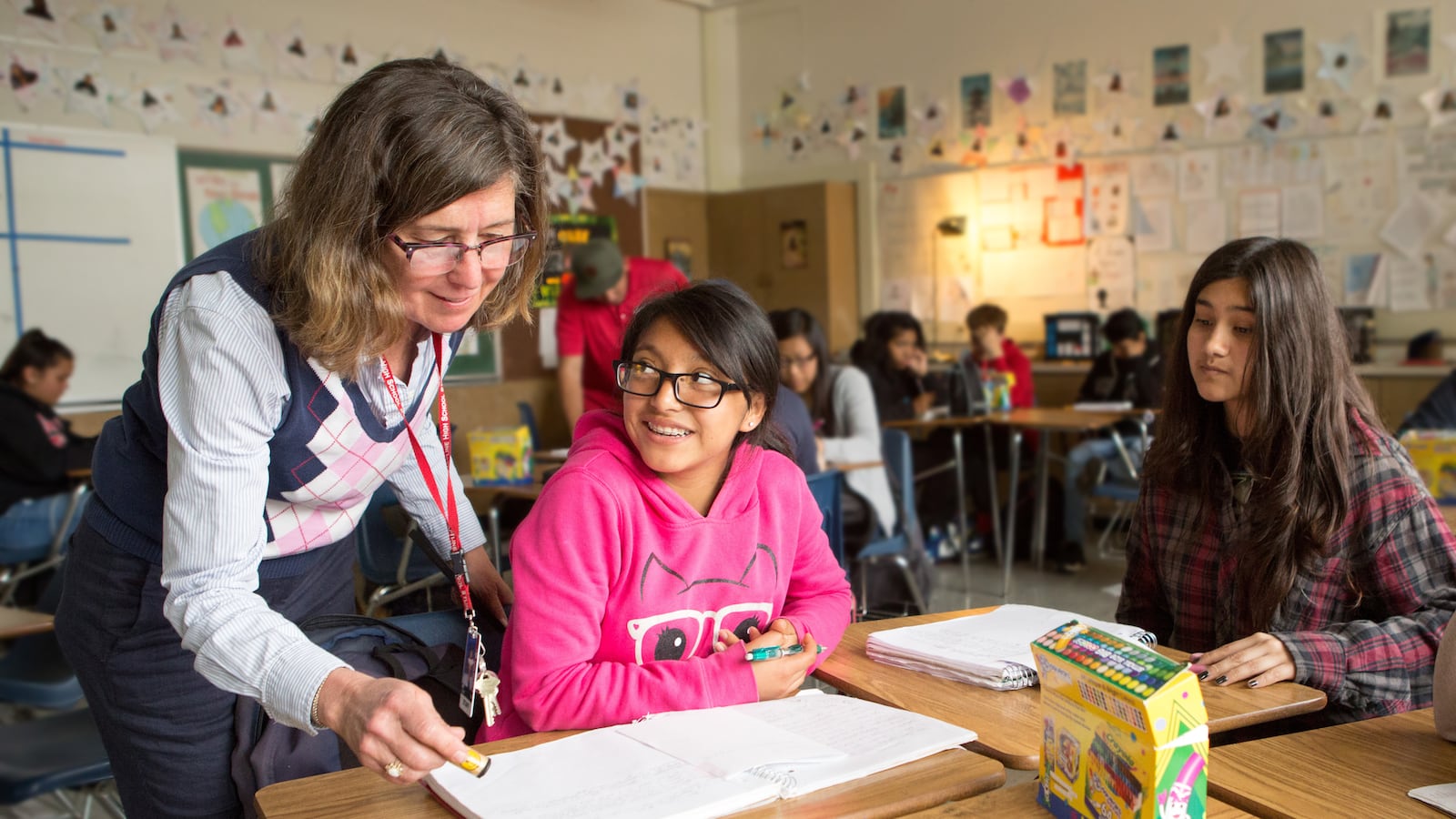Dear teachers,
I have been reading your Facebook posts laced with struggle and sorrow. My TikTok feed is filled with explanations for why you have chosen to leave the classroom — issues such as a lack of administrator support, burnout, and difficulties with the students in your classrooms. The last few years were draining, and I’m sorry for what you’ve endured. My mother always told me that it’s difficult to love and care for others when you don’t receive the love and care that you need.
I know your jobs have expanded far beyond teaching. Counselor, caretaker, advocate — your list of duties only seems to grow with time. No matter how much you give, or how little you’re paid, our society always seems to want more. I want you to know that your blood, sweat, and tears don’t go unnoticed.
As a college student working toward my teacher certification, I’ve closely followed your struggles, especially during the pandemic. But I have to admit that the constant news about teacher burnout is weighing heavily on me.

I’m full of hope for my future career. My parents work in education, and many of my role models were teachers. I didn’t choose this path for the money or the fame, but because I want to impact the next generation. Last semester, I got the chance to lead a few lessons with 10th graders at a local high school. Their joy about everything from their book choices to learning about argumentative writing techniques was tangible, and it gave me excitement for the possibilities of my future classroom.
But even as I look forward to a future in teaching, I am constantly exposed to overworked and overwhelmed educators. There is validity in both stories of struggle and success, but I fear I am losing hope. So, with apologies, I am about to ask you to put yet another item on your to-do list.
As you share your struggles, I wonder if you could also share the differences you are making in students’ lives.
As you share your struggles, I wonder if you could also share the differences you are making in students’ lives. I’m not asking for toxic positivity. I’m asking you to open up about the truly happy moments that make your time in the field worthwhile. I would love to see the letters of praise from your students, the projects being completed in your classroom, and instances where you see the direct impact of your influence. My teachers impacted me on a daily basis with their wisdom and encouragement. I could use a reminder that such relationships are still possible.
I am planning to graduate next year, and I often question if I have the ability to provide the help that my future students may need. Sometimes I wonder if I am naive to think I can make a difference; I am not alone. Conversations with my peers studying education often revolve around the same subjects: teacher burnout, mental health struggles, staffing shortages, and growing academic gaps. We know the profession can be difficult, and we question whether we have the capacity for change that we once believed we did.
Teachers, your work and advocacy for students and their needs has carved out a pathway for the next generation of teachers, and I appreciate it. I’m just asking you to remember how you felt when you first became a teacher. And then, think of me and my future colleagues.
Sincerely,
A future educator
Hadley Hicklin is a student at Missouri Southern State University, where she is pursuing a bachelor of science in education, English 9-12. She is a senior this semester and is looking forward to student teaching in the fall. Hadley credits her choice of becoming a teacher to all of the amazing educators she has been influenced by, including her parents.



